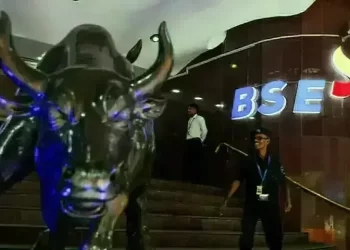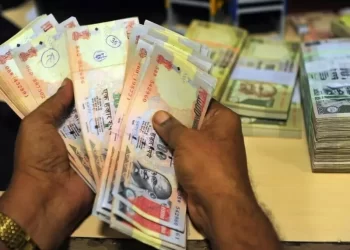- Aston Martin boss Lawrence Stroll suggested the firm made up to $80 million selling F1 safety cars.
- Stroll said he didn’t believe the expression “race on Sunday, sell on Monday” before Aston Martin.
- The CEO took control of Aston Martin in 2020, but it’s failed to recover massive share price losses.
Aston Martin’s boss suggested the carmaker might have gotten an $80 million boost from its car featuring in Formula One races.
Speaking at the Financial Times Future of the Car Summit, Lawrence Stroll, who also stars in the hit Netflix F1 documentary series “Drive to Survive,” talked up the financial benefits of stepping into the paddock with a racing team.
Stroll was asked whether there was any material impact on sales from Aston Martin featuring in F1, given most of their customers were high-net-worth individuals who were already likely to be aware of the company.
“There’s an expression, I didn’t believe it but we’re actually experiencing it: race on Sunday, sell on Monday,” Stroll said.
Stroll highlighted the impact of Aston Martin supplying F1’s safety car, a vehicle deployed to lead the racing pack at a slower pace when there is an accident. The CEO says the carmaker has sold between 300 and 400 of its Vantage F1 edition cars as a result of the vehicle featuring in those races.
“Sounds like a small number, but for a company of our size it’s relatively important,” Stroll said.
Each Vantage F1 edition is priced at £159,500, or $200,000. That would suggest Aston Martin has taken between $60 million and $80 million worth of sales linked to its safety car.
Insider asked Aston Martin for confirmation of Stroll’s initial claims, and to confirm that he was referring to the model used in Insider’s calculations.
Aston Martin sold about 6,400 units in total in its last full financial year, bringing in revenues of around $1.74 billion.
Stroll’s son Lance is a driver on his Aston Martin team, alongside two-time world champion Fernando Alonso. Per Forbes, the billionaire led a $235.6 million investment to take control of the company in early 2020.
But shares in the carmaker have nosedived since it floated on the London Stock Exchange about five years ago. The group is worth about 63% less than it was in October 2018, and a resurgence following Stroll’s takeover was mostly wiped out at the end of last year.
Stroll told the summit he was confident he would eventually see a return on his initial outlay.









